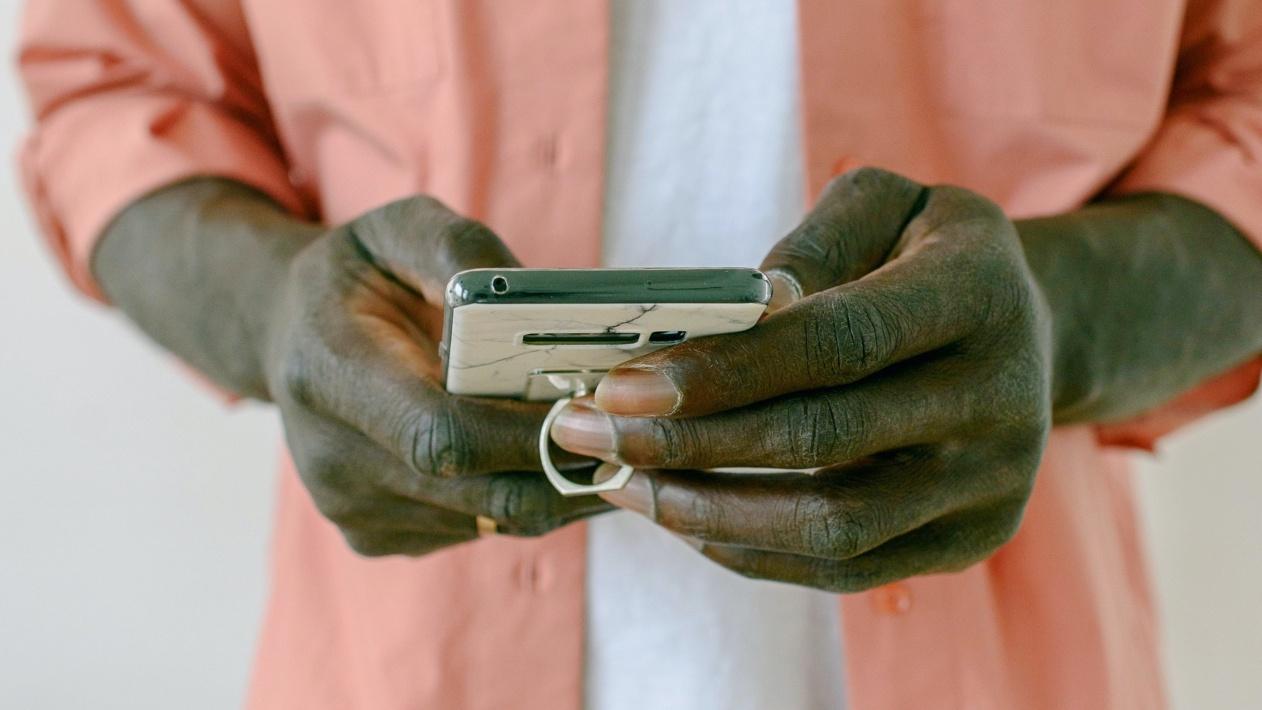Adopting blockchain technologies would help increase transparency and combat corruption across the continent, writes Ebrima Faal, but structural challenges are hindering its adoption.
Public procurement accounts for 17 per cent of the economy of African nations on average. Regrettably, government expenditure on goods, services and the funding of projects is plagued by corruption. In recent years, blockchain technology has emerged as a promising solution to reform public procurement across Africa, drastically curtail corruption, and thereby free up resources to be spent on indispensable public social infrastructure.
The push towards digital procurement in Africa is critical to establishing an ecosystem that is transparent, efficient, and accountable. Although challenges remain in its widespread adoption, the determined efforts of governments, underpinned by the demands of their citizenry, could lead to a digital transformation in procurement across the continent.
Corruption in public procurement
The substantial amounts of money involved, the intricate processes, and sometimes questionable ties between officials and businesses make public procurement a fertile ground for corrupt practices.
Corruption can materialise in many forms: excessive pricing by businesses, price-fixing by consortiums, and public officials engaging in bribery to name a few. In some instances, bribes alone consume between 8 to 25 per cent of the entire value of a tender. These corrupt actions elevate government costs, stunt economic development, and amplify socio-economic gaps.
The Nigeria arms procurement scandal came to light in 2015 when a government-appointed independent investigation revealed that billions of pounds meant for arms procurement to fight the Boko Haram insurgency had been allegedly diverted for other purposes. The scandal involved fraudulent activities by government officials and private sector actors who embezzled funds meant for the procurement of arms and ammunition.
South Africa also grappled with a £927 million arms deal tainted with bribes and other irregularities, leading to public outrage and a commission of inquiry into the matter. The commission found that the deal was marred by corruption and that several high-ranking officials had received bribes from a French arms company.
The outbreak of the Covid-19 pandemic and the opportunities it created for corruption led to the emergence of the term “covid-entrepreneurship“ to describe the exploitation of emergency procurement.
In Kenya, a scandal involving overpriced PPE (Personal Protective Equipment) was uncovered in 2020. The scandal involved fraudulent activities by government officials and private sector actors who embezzled funds meant for the procurement of PPE. The Kenyan government also paid £1.83 million for 100,000 PPE kits, which was more than twice the market value.
Blockchain: A catalyst for change
Blockchain, a digital ledger that logs transactions across a global network of computers, offers unparalleled transparency. All transactions are permanently recorded and visible to all, reducing opportunities for fraud.
Blockchain’s inherent transparency enables the real-time oversight of procurement, ensuring each step is meticulously recorded, eradicating opportunities for covert malpractice.
The technology also allows for “smart contracts” — digital agreements pre-configured to automatically trigger transactions once specific conditions are satisfied. By bypassing intermediaries, often prone to unethical influences, these contracts ensure equitable and unbiased execution.
Challenges and solutions
Every technology comes with its set of challenges, and blockchain is no exception. Interoperability — the capacity of different blockchain platforms to synchronise — presents an obstacle to widespread uptake, but collaborations between governmental agencies and blockchain startups might offer a remedy.
Scalability, too, is crucial. Ensuring the ability of the blockchain network to handle a massive volume of transactions both rapidly and precisely is essential if it is to help address the scale of corruption in public procurement across Africa.
Privacy and the protection of sensitive information remains paramount. Blockchain systems need robust safeguards against unauthorised access. For blockchain implementation, nations require foundational tech infrastructure, like a stable electricity supply, secure internet connections, data storage and processing capacities, and interface software. Such infrastructure is scarce or inconsistent in many African countries at the moment.
Any introduction of blockchain would demand specialised expertise, which might currently be lacking, especially in governmental offices that are not technologically inclined. Comprehensive training and education about the nuances of blockchain are therefore vital if blockchain is to be used to its full potential.
Legal frameworks will also need to be looked at, as current regulations might not seamlessly integrate with blockchain’s unique characteristics. Developing or revising legislation to accommodate blockchain’s intricacies might be a drawn-out process but will be vital to give it the legal grounding it needs to ensure business confidence.
Progress on the horizon
Despite inherent challenges, several African countries have already shown an inclination towards using blockchain, with commendable strides in assimilating it within their procurement systems. Initiatives in South Africa, Nigeria, and Rwanda illustrate the potentially transformative power of the new technology.
In South Africa, the Gauteng Provincial Government has embraced blockchain to refine its procurement methodologies. Their adoption of the Open Tender Process aims to ensure supplier selection is transparent and equitable. Preliminary results indicate a marked reduction in fraudulent activities and a surge in operational efficiency.
The Nigeria Customs Service is currently looking into the possibilities of blockchain to enhance its operations, focusing on procurement. By immortalising transactions on a tamper-proof blockchain, the goal is to deter and eradicate fraudulent actions, ensuring transparent and equitable procurement processes.
Rwanda’s innovative “Irembo” platform, rooted in blockchain technology, has digitalised a range of public services, encompassing procurement. Its transparent and immutable nature enhances efficiency and minimises corruption risks.
As countries continue to adopt this technology, they are not just leveraging an innovative tool but are also championing a paradigm shift towards transparent and accountable governance.
Integrating blockchain within public procurement might pose challenges, but the anticipated benefits are huge. A focus on strategic planning, public education, regulatory forethought, and collaboration can enable African nations to profoundly transform their procurement.
Blockchain could very well mark a watershed moment in the fight against corruption, ushering in a new era of transparency, efficiency, and public accountability. While it might not be a silver bullet for every procurement challenge, it undeniably holds significant promise in redefining public procurement and reinstating public trust in administrative processes.
Photo credit: Pexels






Critical perspective.
Thank you.